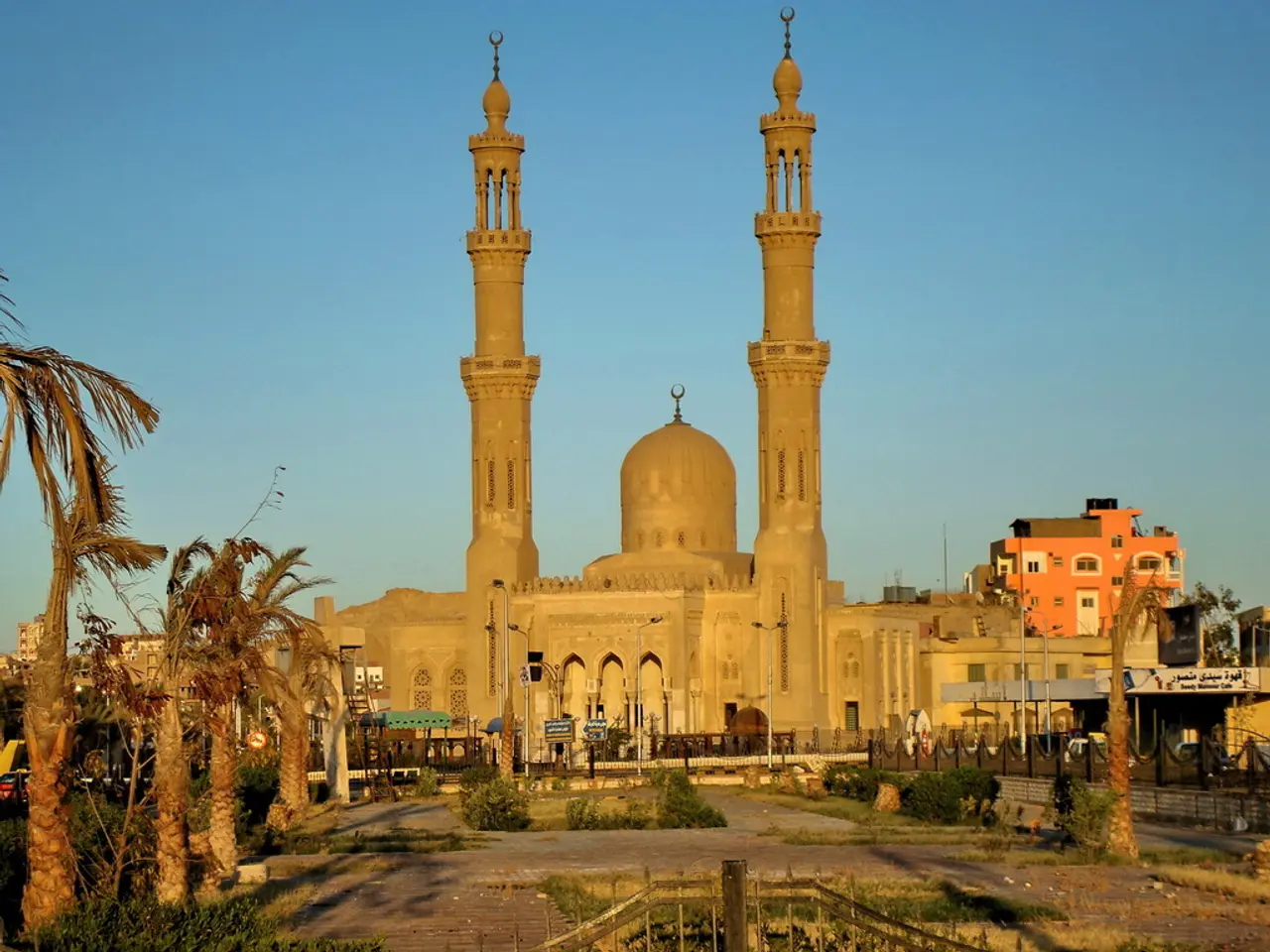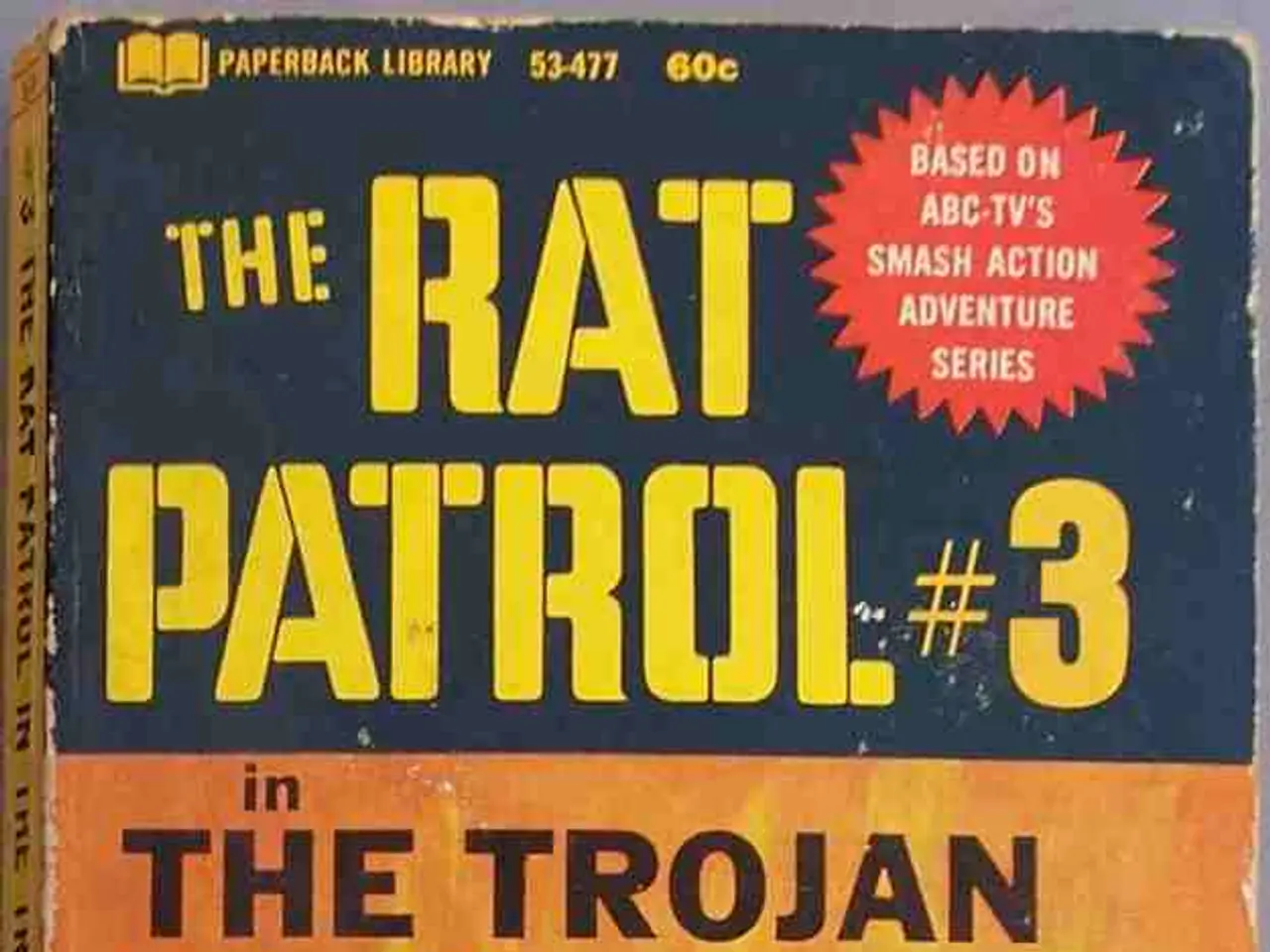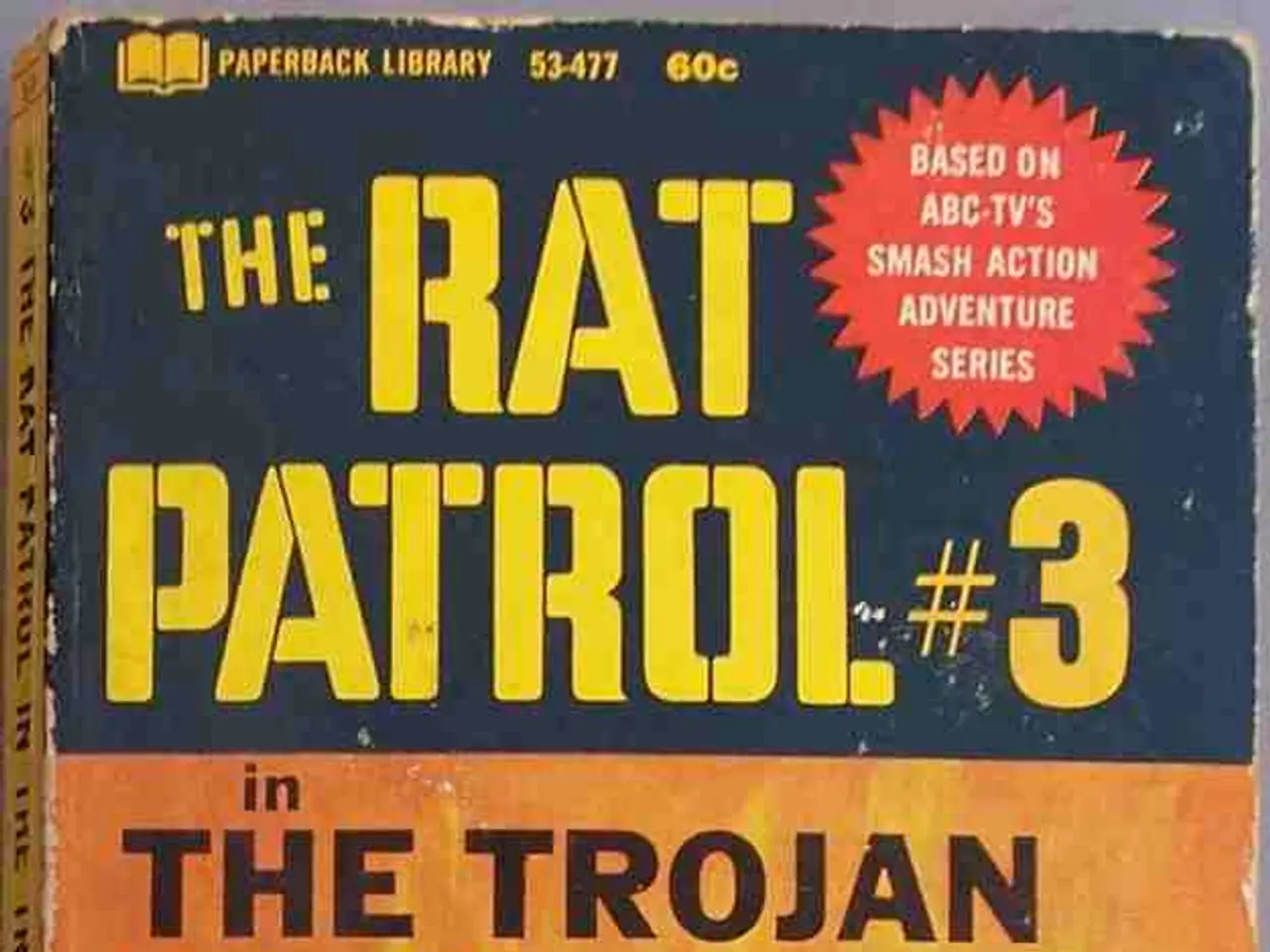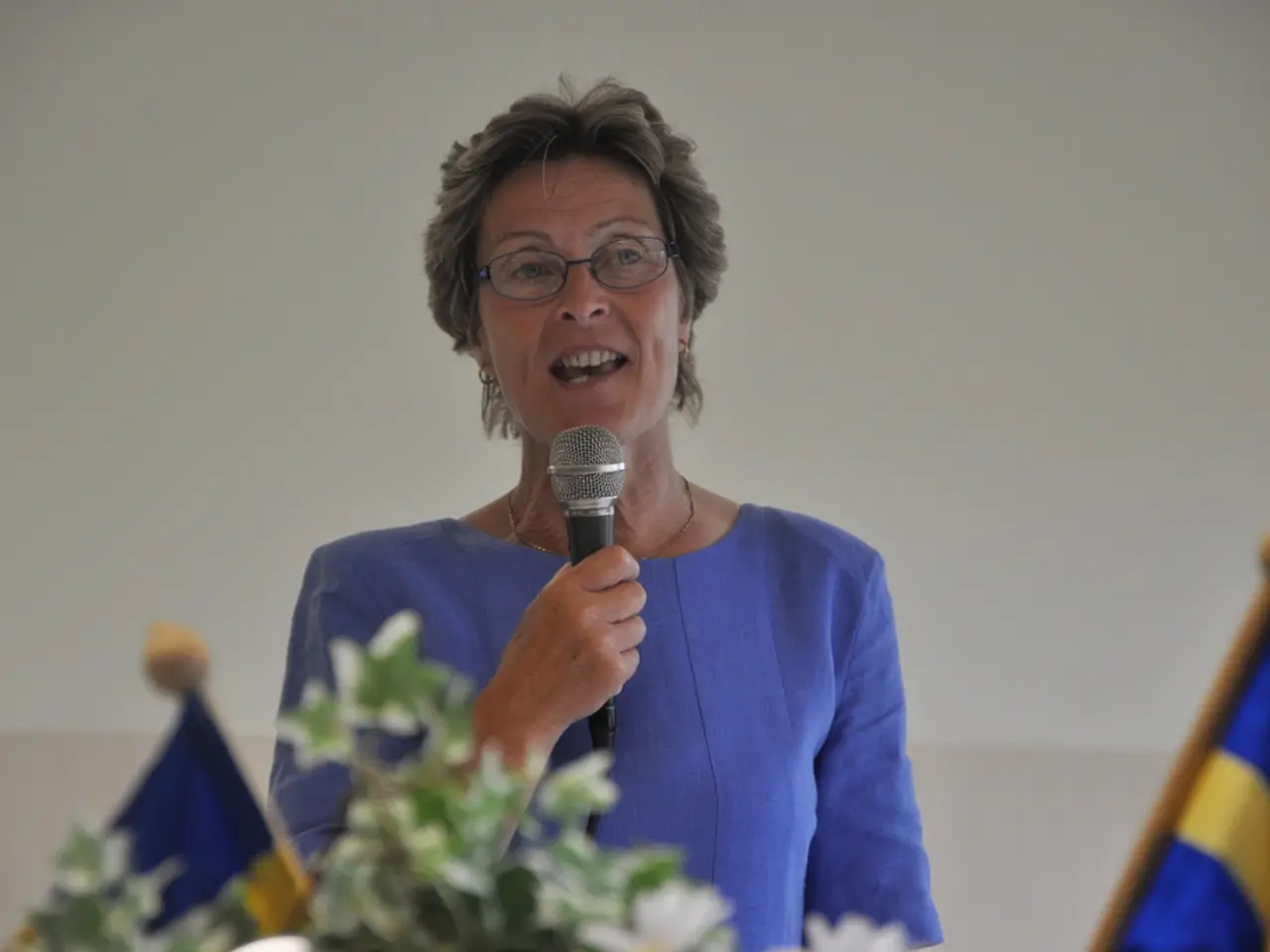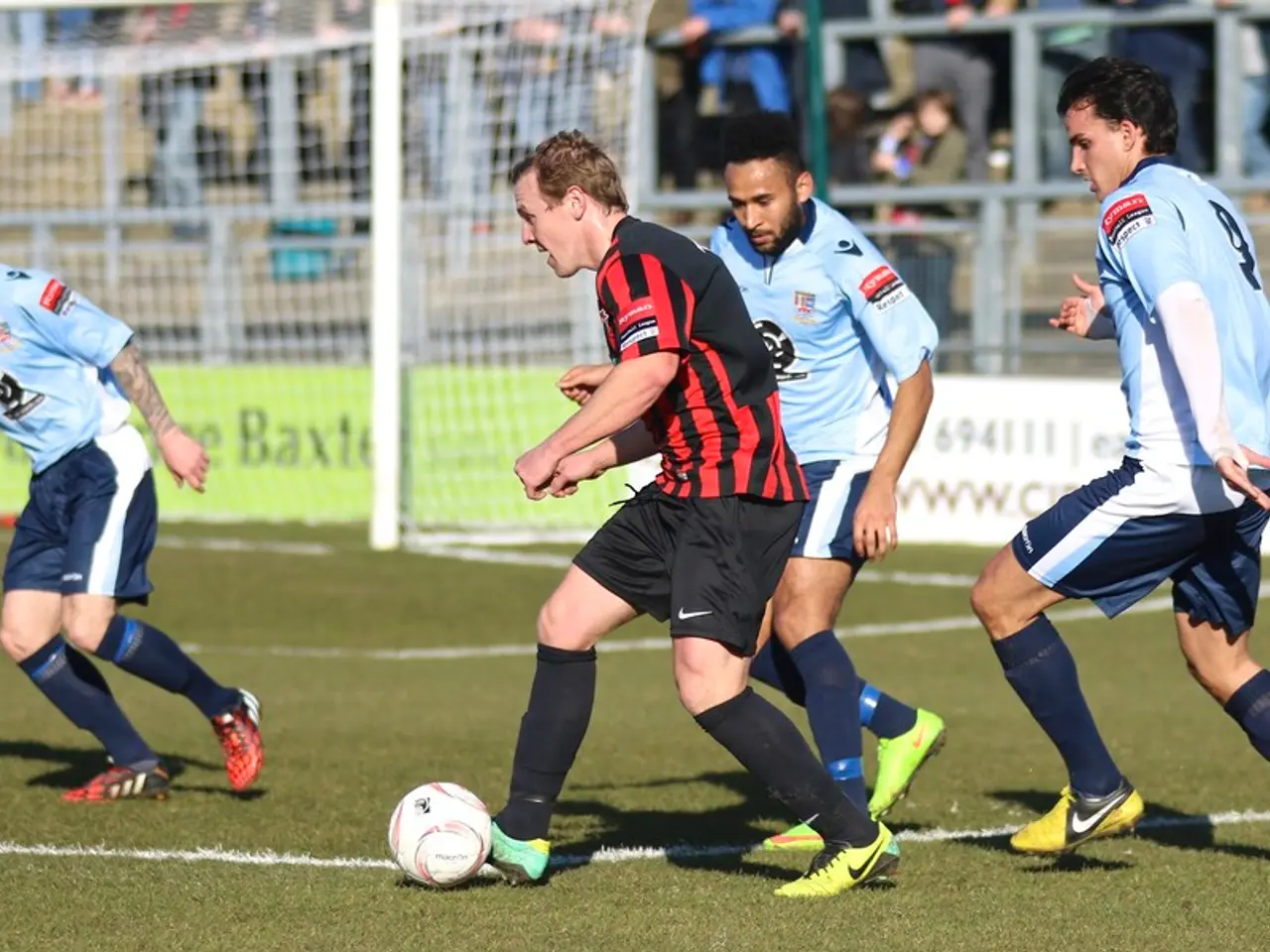Mosque Demolition Warned Against by Commissioner Combating Anti-Semitism
In the small town of Leinfelden-Echterden, Germany, the demolition of a local mosque has sparked a heated debate, attracting reactions, opinions, and proposed solutions from various community members.
Reactions to the Mosque Demolition
The local Muslim community, who considered the mosque a spiritual, cultural, and social center, have expressed feelings of loss, frustration, and marginalization. Residents and local authorities, on the other hand, hold differing opinions, with some supporting redevelopment plans and others expressing concerns about social unrest and the loss of cultural diversity. Activists and civil rights groups have condemned the demolition as an attack on religious freedom, advocating for the protection of minority rights.
Opinions on the Mosque Dispute
Supporters of the demolition often cite legal or urban planning grounds, such as unauthorized construction, safety concerns, or the need for city modernization. Opponents, however, emphasize religious freedom, cultural preservation, and the importance of dialogue before resorting to demolition. Neutral or moderate views suggest that the situation is complex, requiring a balance between community needs, legal frameworks, and respect for cultural identity.
Potential Solutions for the Mosque Dispute
- Dialogue and Mediation: Facilitating conversations between the mosque community, local government, and residents to find mutually acceptable solutions.
- Legal Review and Compliance: Ensuring that places of worship adhere to city planning laws but also providing pathways for legalization or relocation.
- Constructive Urban Planning: Integrating religious and cultural spaces in future development plans to maintain community diversity.
- Support for Relocation or Reconstruction: Assisting the community in building a new mosque in a legally compliant and accessible location.
- Promoting Intercultural Understanding: Encouraging initiatives that increase mutual respect and awareness among diverse community groups.
Key Players in the Mosque Dispute
LE Kultur-Point, an association associated with the Gülen movement around Islamic scholar Fethullah Gülen, promotes peaceful coexistence of different cultures, nationalities, and religions in Leinfelden-Echterden. Vedat Yörük, chairman of LE Kultur-Point, has expressed unanimous rejection among visitors of the old VKBI mosque towards the city council's decision. Yörük wishes to speak directly with Mayor Otto Ruppaner about his concerns and seeks a compromise.
Michael Blume, religious and political scientist, anti-Semitism commissioner of the Baden-Württemberg state government, has also shared similar concerns about the potential demolition of the mosque. In 2018, Blume was asked to mediate between the city and the mosque community, but Leinfelden-Echterden showed no interest at the time. Blume now proposes mediation between the involved parties to find a solution.
Blume fears that images of the mosque's demolition could be misused for further digital and international polarization of people. Yörük believes that the city is right in many points regarding the mosque dispute but fears a significant setback in integration efforts if the mosque is demolished.
As the situation unfolds, it is clear that the key to resolving tensions like these often lies in open communication, legal fairness, and respect for cultural and religious identities while considering the broader urban development needs.
The heated debate surrounding the mosque demolition in Leinfelden-Echterden has caught the attention of local activists and civil rights groups, who are advocating for the protection of religious freedom and minority rights. Michael Blume, the religious and political scientist, anti-Semitism commissioner of the Baden-Württemberg state government, has expressed concerns about the potential demolition, fearing it could lead to further digital and international polarization of people.
General-news outlets and political discussions are focusing on the potential solutions for the mosque dispute, including dialogue and mediation, legal review and compliance, constructive urban planning, support for relocation or reconstruction, and promoting intercultural understanding. Vedat Yörük, chairman of LE Kultur-Point, has expressed a desire to speak directly with Mayor Otto Ruppaner about his concerns and seek a compromise, as he believes the city is right in many points regarding the mosque dispute, but fears a significant setback in integration efforts if the mosque is demolished.
